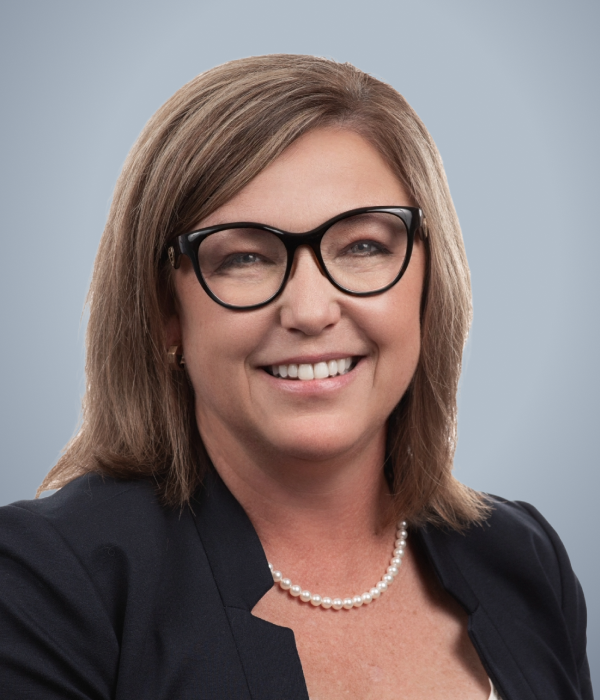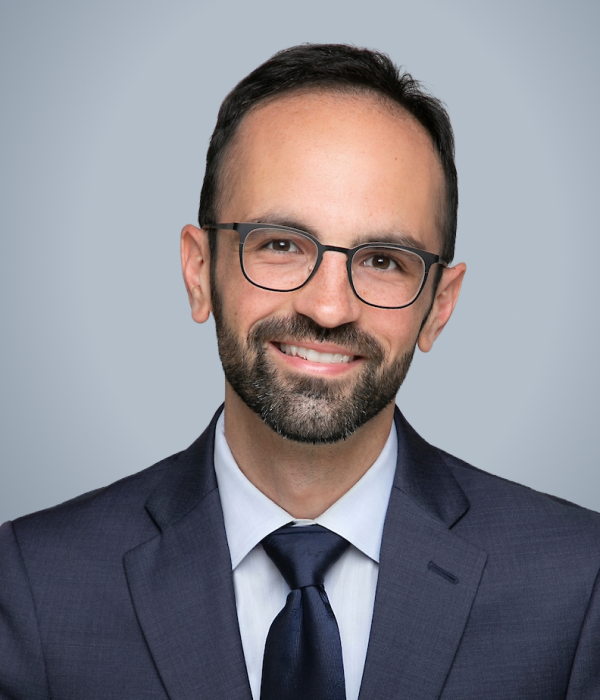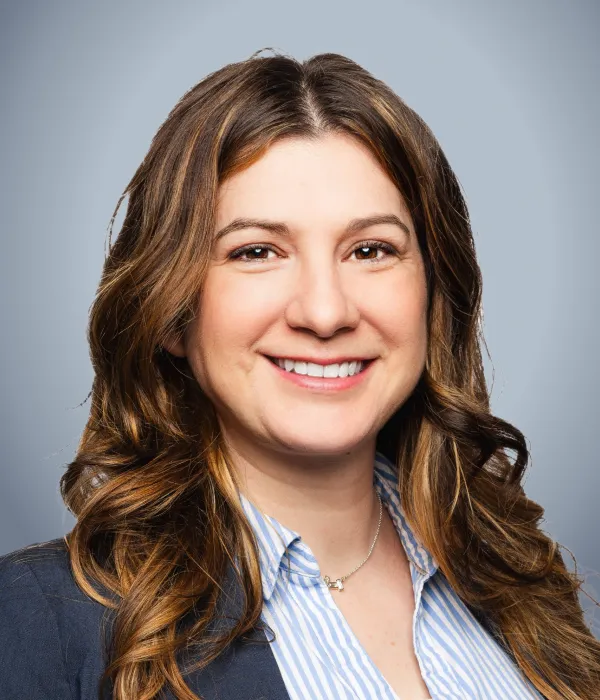
Seller Liability to Buyer in Real Estate Transactions
Frequently Asked Questions
Seller liability in transfer of real property (Merger Doctrine)
Question: As an owner of real estate (property) what is my liability to a buyer, after the sale has occurred?
Answer: In the majority of contractual relationships, there is one written document that comprises the entire agreement. Real estate transactions are different, as they typically involve an initial “purchase and sale agreement” which is followed by the eventual transfer to title (i.e. the deed). The purchase and sale agreement outlines how the parties intend to transfer title to the property. This agreement has a short lifespan, lasting only until the closing of the transaction and associated title transfer.
The merger doctrine developed over time developed to help parties understand how to treat the initial purchase and sale agreement obligations compared the eventual terms and obligations contained in the deed (typically a statutory warranty deed). The merger doctrine essentially provides that when the deed is executed, delivered, and accepted, it becomes the final expression of the parties’ contractual relationship and “subsumes all prior agreements.” Barber v. Peringer, 75 Wn. App. 248, 877 P.2d 223 (1994) (attorney’s fee provision was merged into deed); Failes v. Lichten, 109 Wn. App. 550, 37 P.3d 301 (2001) (discussing anti-merger clause).
There are exceptions to the merger doctrine, but they are rare. Specifically, an exception only exists, when there are “collateral contract requirements” not contained in, or performed by, the execution and delivery of the deed. Id. These requirements cannot be inconsistent with the deed, and essentially are “independent” of the obligation that the selling party has of conveying title. Id. In addition, the merger doctrine does not preempt potential collateral legal claims that would stand independently from the contractual relationship (such as fraud).
Conceptually, the merger doctrine paints the purchase and sale agreement as a temporary arrangement between the parties, designed to eventually lead to the creation and transfer of a deed from the seller to the buyer. (Like scaffolding erected around a structure, once the construction is complete, the scaffolding is removed, and the underlying structure is left standing on its own.)
SELLER DISCLOSURE STATEMENTS (RCW 64.06.020)
Question: What is a seller disclosure statement in a real estate purchase and sale agreement, and how does it impact my potential liability?
Answer: In Washington state, sellers issue specific disclosures about the condition of the property being sold. (These are often referred to as “Form 17” disclosures, which refers to the Northwest MLS forms which have become used universally throughout the state.) Often, even though the buyer satisfies all the necessary and relevant disclosures regarding the condition of the property (in his “seller’s disclosure” statement), the buyer later uncovers an issue. Especially when the issue is significantly costly to repair, the buyer will often assume that the purchase and sale agreement was breached, and demand that the seller contributes monetarily to the remediation or repair of what is damaged or broken. However, the seller in those instances is likely not legally responsible.
There are several reasons for this liability limitation, chief among them being the terms, conditions, and especially contingencies, of the purchase and sale agreement. As long as the seller did not knowingly mislead or conceal a material issue with the property, it is unlikely that he is going to be liable. The seller will likely be able to point to these terms of the purchase and sale agreement as a defense (not to mention the merger doctrine). Unless stated otherwise, a seller real property does not implicitly establish warranties regarding the condition of the property. Any such warranties must be unambiguously spelled out to the buyer. Specifically, for a seller to be held responsible for issues with real estate after its having been sold, there must be some other instrument outside, of the purchase and sale agreement to create that liability.
Furthermore, the statutes at present, provide a significant level of protection to the seller of real estate as it relates to “errors or omissions” in the disclosure statement. According to RCW 64.06.050, the seller is only found liable if there was actual knowledge of the problem, and the seller wasn’t entitled to rely on the “statements of professionals.” Also, the recourses are limited from a buyer’s perspective: first, the buyer only has “three business days” from the receipt of the statement to accept the property and complete the sale or rescind the contract, second, the seller’s disclosure explicitly provides that it is NOT part of the underlying agreement between the parties (and by extension cannot be a basis for a breach of contract claim), and third, the seller disclosure essentially only provides a buyer the “right of rescission.” See RCW 64.06.070.

























